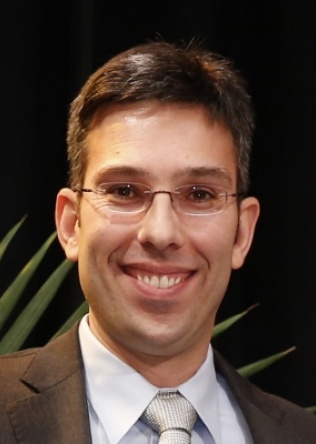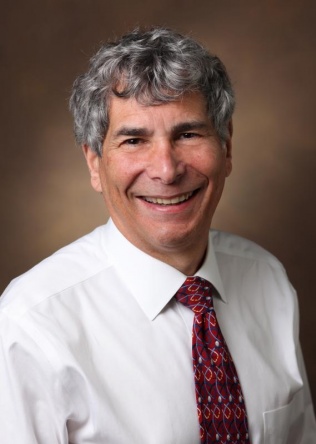Matthew
Weinger
M.D.
Norman Ty Smith Chair in Patient Safety and Medical Simulation
Vanderbilt University Medical Center
Department of Anesthesiology
Department of Biomedical Informatics
Department of Medical Education
Vanderbilt University School of Engineering
Director, Research, Outreach, and Industry Relations
Center for Experiential Learning and Assessment (CELA)
matthew.weinger@vumc.org
Dr. Weinger holds the Norman Ty Smith Chair in Patient Safety and Medical Simulation and is a professor of anesthesiology, biomedical informatics and medical education at Vanderbilt University School of Medicine, and is a professor of civil and environmental engineering (risk and reliability) in the School of Engineering.
Dr. Weinger has been teaching and conducting research in human factors engineering and human-centered design in health care, clinical informatics, decision making, patient safety and health care simulation for three decades. HIs current interests are in the design and implementation of technology that improves the ability of clinicians and patients to enhance individual and population health. Dr. Weinger has more than 250 publications that have been cited more than 5,600 times (H-index of 40 by Web of Science). He has played an active role in more than 70 grants and contracts (including 16 as PI). A strong advocate for training and mentoring, he has mentored two dozen post-doctoral fellows, nearly 100 pre-doctoral students and numerous faculty working across the US and beyond. He has given more than 250 invited national and international presentations.
Dr. Weinger received the 2020 A. R. Lauer Safety Award from the Human Factors and Ergonomics Society (HFES); he was the first physician Fellow of that society. He received the Laufman-Greatbach Award of the Association for the Advancement in Medical Instrumentation (AAMI), its highest honor, "in recognition of leadership and dedication to medical instrumentation, service, patient care and patient safety." Dr. Weinger is also a Fellow of the American Association for the Advancement of Science (AAAS).
He received a bachelor's degree in electrical engineering and a master's degree in biology (neurosciences) from Stanford University in 1978. He completed his MD at the University of California, San Diego in 1982 and did his anesthesiology residency training at the University of California, San Francisco.
WeingerMatthewM.D.








